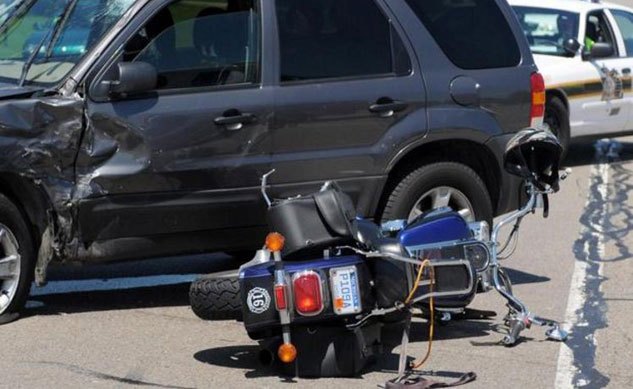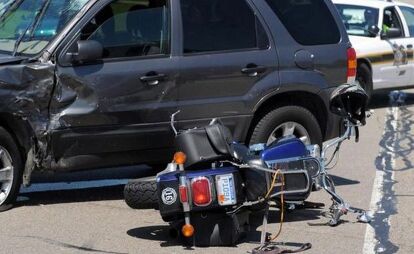26 Lives Lost to Michigan Helmet-law Repeal, Researchers Say
26 fewer deaths. If Michigan had not repealed its mandatory helmet law last year, a University of Michigan researcher estimates 26 fewer people could have died in motorcycle crashes in the state, MLive reports.
Those 26 fewer fatalities would represent a 21% reduction from 2011, said Carol Flannagan, a researcher at U of M’s Transportation Research Institute. Using the same analysis, Flannagan said there would have been 49 fewer serious injuries, an 8 percent reduction. Her comments were made during the first public analysis of 2012 Michigan motorcycle crash data on Thursday.
Last week, Michigan released traffic crash data for 2012 that showed an 18 percent increase in motorcycle crashes from 2011 to 2012. Using those statistics, Flannagan isolated motorcycle crashes between April 13 and December 31, when the mandatory-helmet repeal took effect. She then compared that data with the same period in 2011.
Using a regression model, Flannagan separated crashes where alcohol was a factor and isolated crashes where not wearing a helmet was a factor, allowing her to compare just those crashes with similar risk factors. After accounting for alcohol and other factors, she concluded that not wearing a helmet doubles the risk of fatality, and increases chance of serious injury by 60 percent.
It’s important to note the data does not represent a full representation of the number of motorcyclists on the road, or those wearing or not wearing a helmet — only those involved in crashes
Flannagan’s regression model brought to light another startling fact: in a motorcycle crash, alcohol more than quadruples the risk of death and triples the risk of injury.
Also during the session, trauma-care physicians from a hospital in Grand Rapids shared results of a study that concluded unhelmeted riders spent more time in ICUs and had larger hospital bills. Interestingly, their numbers also showed that before arriving at their hospital, the fatality rate of unhelmeted riders increased from 33 to 77 percent; however, if a crashed rider did make it to the medical facility, the fatality rate stayed about the same: 3% for helmeted riders, compared with 2.6% for those without.
The research also found that in 2011, 7 percent of patients admitted to the hospital were not wearing a helmet, which increased to 29 percent after the repeal in 2012. The study looked at 192 patients admitted to the trauma center in 2011 and 2012.
The helmet choice law went into effect last April. The law allows someone to ride without a helmet if they are older than 21, have two years of motorcycle experience and $20,000 in additional rider and medical insurance.
More by Jon Langston































Comments
Join the conversation